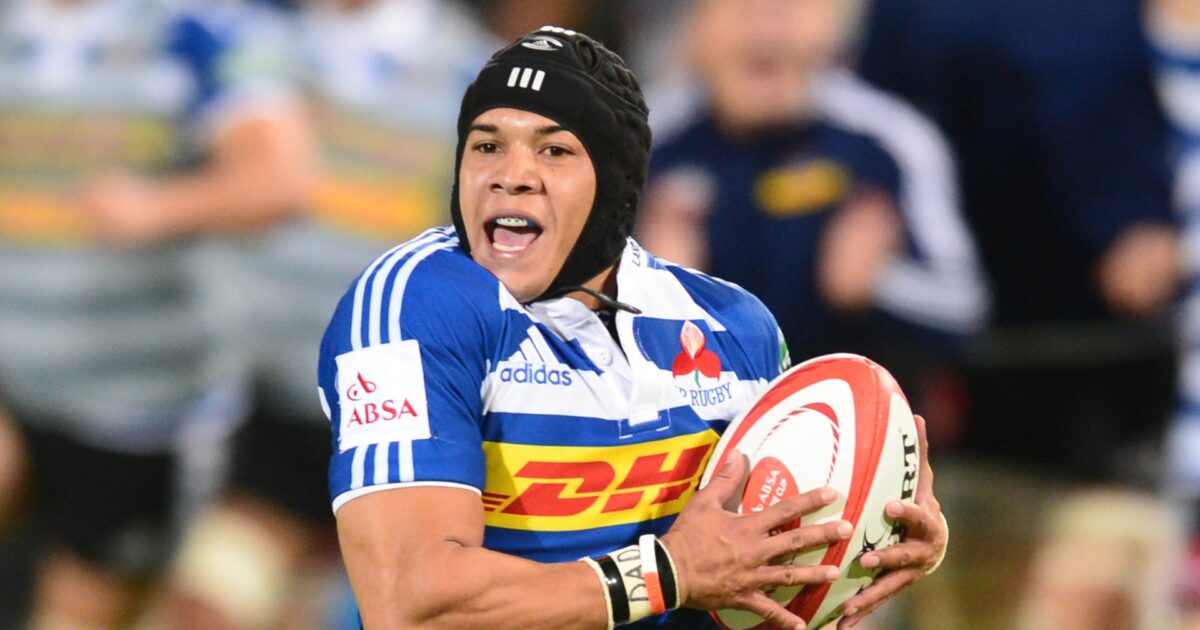Further board departures at Western Province but they insist they won't be liquidated like the Kings

The Western Province Rugby Football Union are keen on a face-to-face meeting with Marco Masotti, the South African-born-and-bred American lawyer who is the face of American consortium MVM Holdings who are negotiating with WPRFU for a controlling share in Western Province Professional Rugby (Pty) Ltd – the commercial arm of WPRFU.
WPRFU president Zelt Marais and Ebrahim Rasool, newly appointed chairman of the WPPR board, said on they will not rush into a decision with any potential equity partner.
The duo addressed a virtual media briefing in the wake of the departure of the two sponsorship representatives – Hennie Heymans (DHL) and Suzanne Stevens (BrightRock) – as directors of the board of the professional arm of WPRFU.
Heymans and Stevens were the fourth and fifth members of the board of the professional arm, WPPR, to have departed under a cloud since June. Most of the media enquiries centred around the boardroom drama this year, with a suggestion that WP Rugby may join the Southern Kings in having the execrable result of being liquidated for a second time.
Rasool said they believe they are in a better position than many other sports entities around the world and are ‘nowhere near’ in the same trouble as the Port Elizabeth-based union.
Down to the wire https://t.co/QTgpFjOmDc
— RugbyPass (@RugbyPass) October 14, 2020
His view was echoed by Marais, who added that “rich resources” both in property and human capital ensures it will remain afloat. Rasool said there was no “rosy picture” anywhere in rugby as a result of Covid-19, adding that the sport is facing “enormous challenges” all over the world.
“We have difficulties, but what we are saying is that if anyone is going to pull through it would be Western Province,” said the chairman. “We have the property assets, human assets, playing talent and public support. We have the ability to plan for the sustainability of Western Province without our backs against the wall.”
He said negotiations with Masotti were ongoing, but they were keen to meet him face-to-face. “We know there is a possibility that Masotti will be in South Africa in November,” Rasool said. “We would like to meet with him, but we want that to be a decisive meeting which says yea or nay. To prepare for that meeting, I will write to Masotti and ask him to give us three things in documentation form.
“One would be to put the financial proposal on the table in clear terms so that we can separate the chaff from the wheat. We are also saying give us the strategy you have spoken about that adds value to the franchise. Thirdly, tell us who the consortium is so that we can commence with the due diligence. If we do this all within the next few days or weeks, we will be able to come to a definitive decision.”
He confirmed the exclusivity period they had signed with Masotti has ended and they can now start talking to other potential equity partners. “However, the conversation (with Masotti and MVM) is still going on and needs to move to the next level.
“We will request those documents in writing so that we can have the conversation in a decisive way when Masotti is in Cape Town, or even electronically if needs be.”
Marais pointed to the rich playing resources as a reason why WPRFU was more stable than most. “If you look from Eastern Cape down to Cape Town, we sit with about 75 per cent of all the rugby players (in South Africa),” Marais told the media briefing.
“This should be the gold mine of rugby in South Africa. It is the biggest concentration of rugby players in the world. There is a lot of untapped wealth… We have a massive asset portfolio that will be unlocked over the three, four, five years.
“We are openly looking for an equity partner. We are not just looking for an equity partner as an investor, but a person that can specifically add value and give guarantees – value, based on tested economic terms. Whatever we do, it should be committed legally and it should be a win-win for both parties. We are not going to rush into anything. Sometimes the dollars might look nice, but short-term greed could be a long-term disaster.
“There is sufficient cash flow for us going in the short to medium term. We are having ongoing meetings with SA Rugby. There are also measures by World Rugby. We have measures in place to ensure we have sufficient cash flow to meet our daily needs.”
https://www.facebook.com/rugbypass/posts/4463871653686123
























































